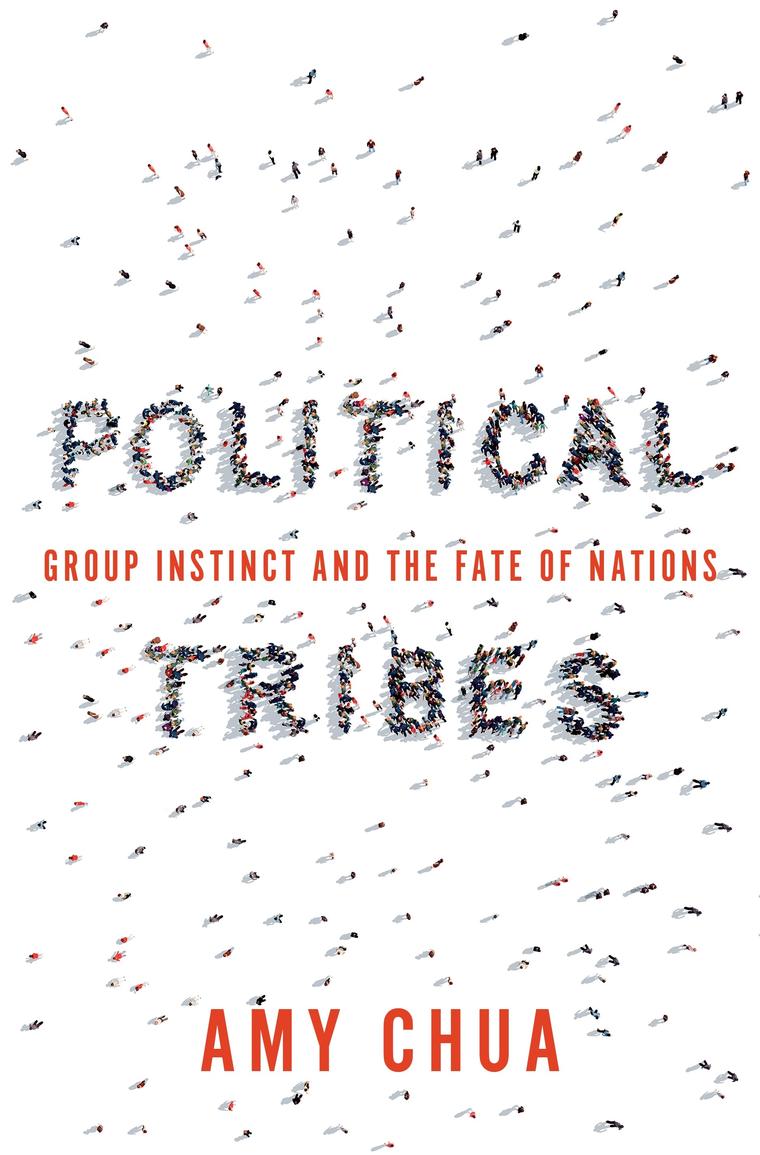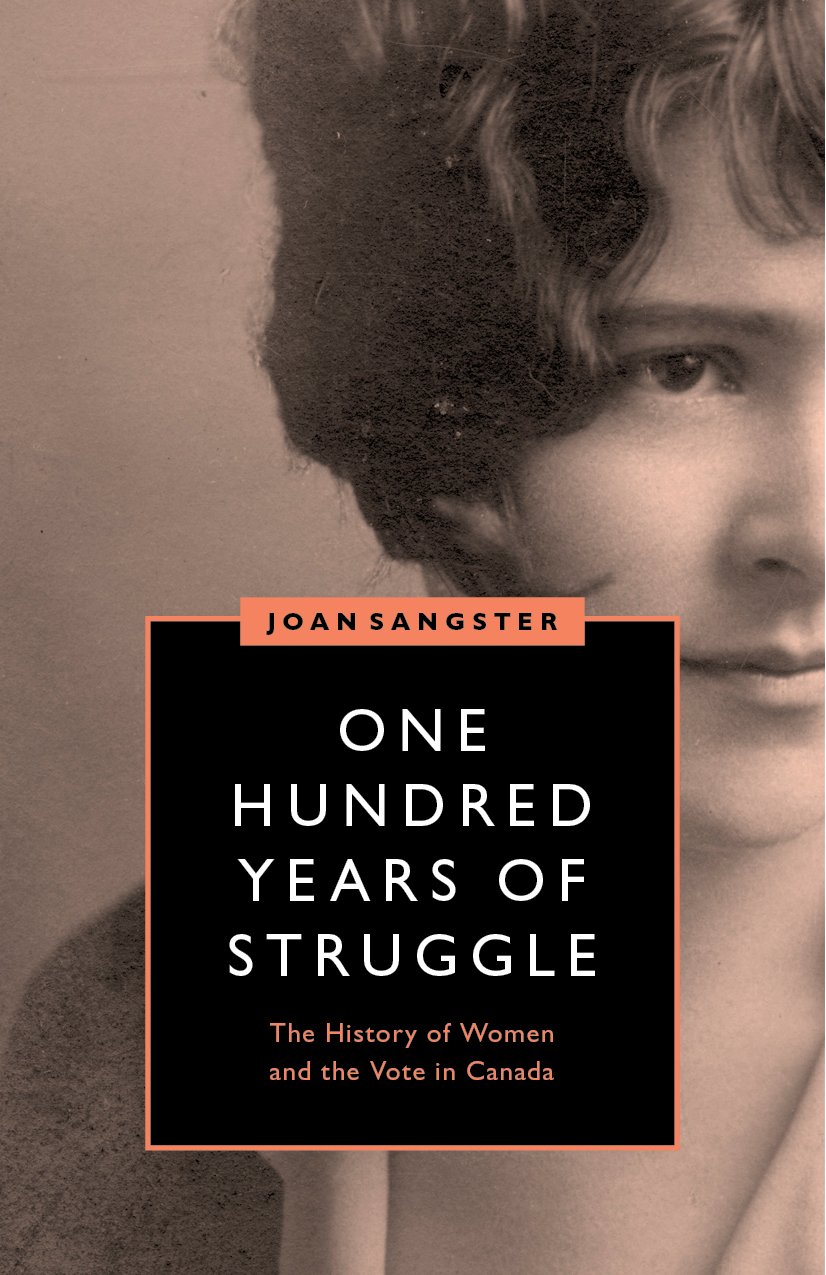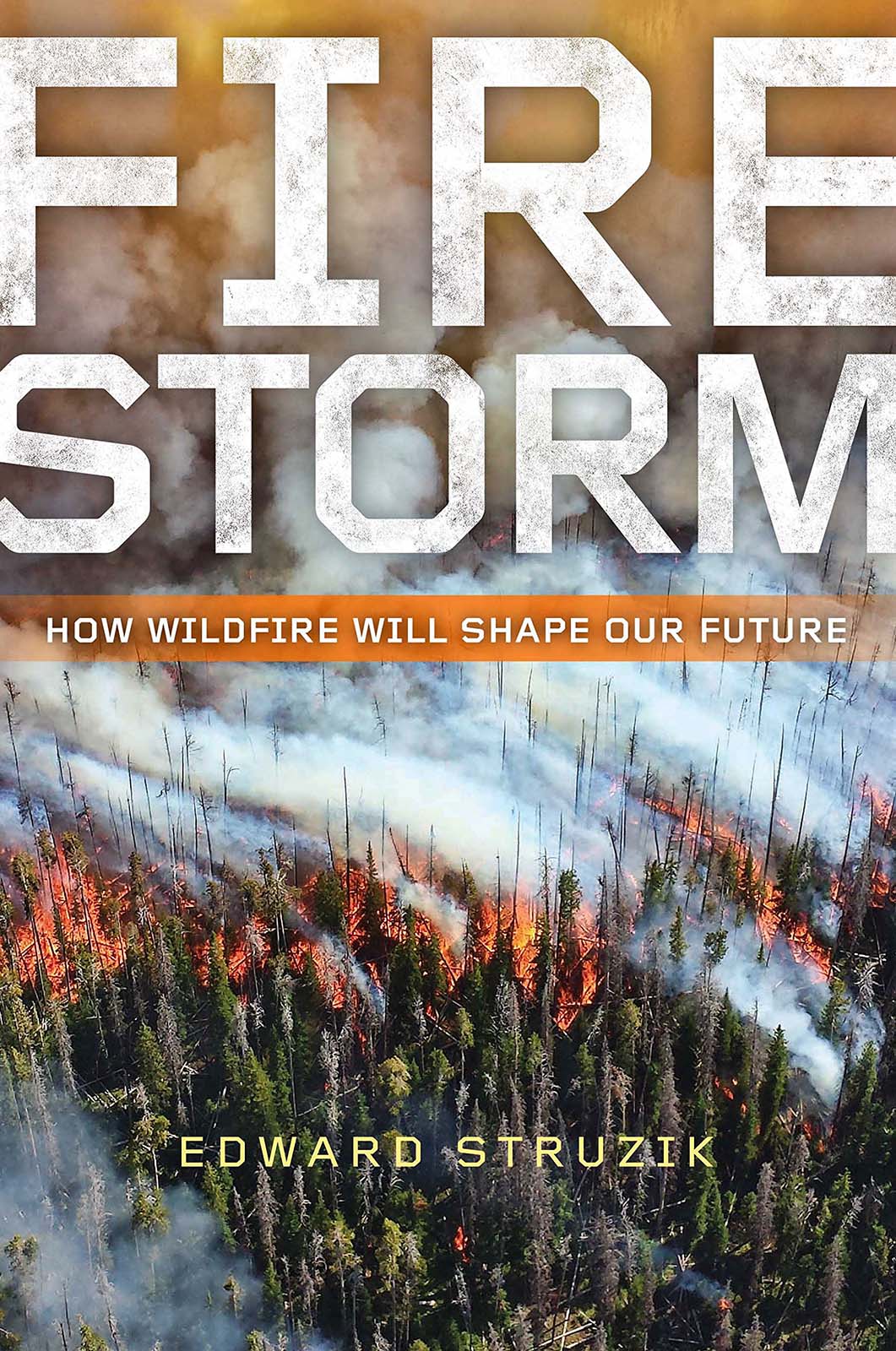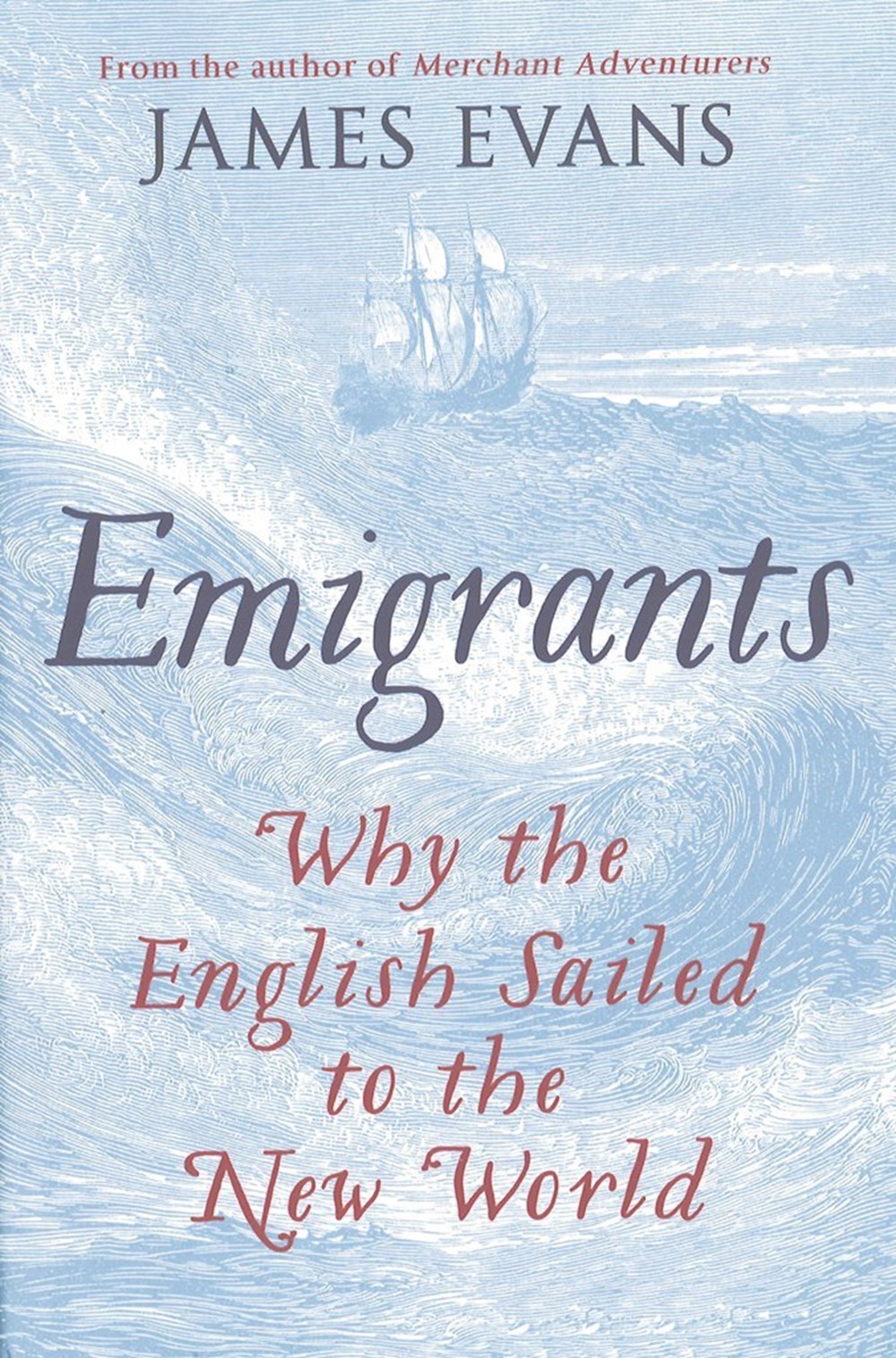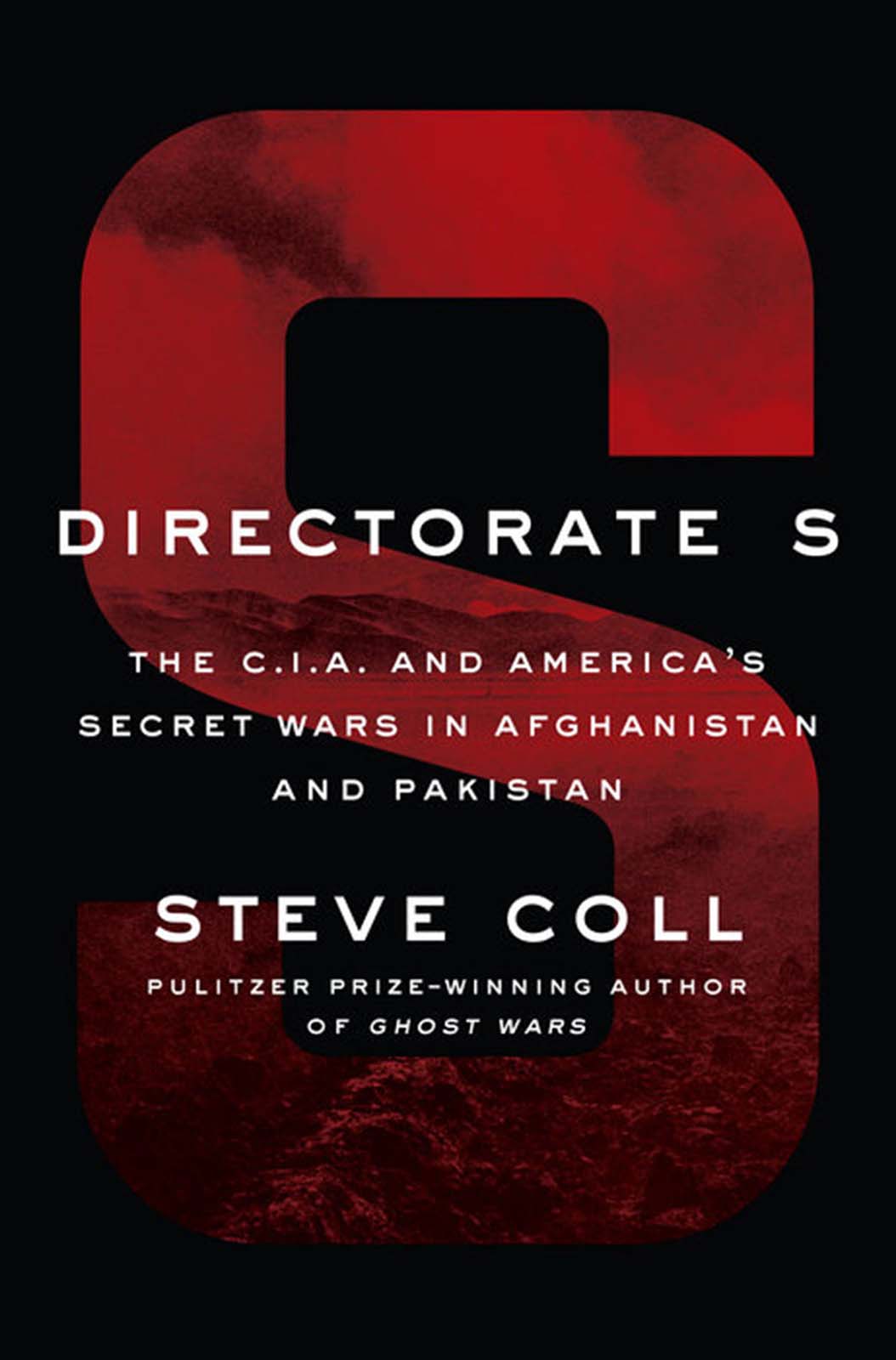Political Tribes by Amy Chua
The bestselling author of Battle Hymn of the Tiger Mother, Yale Law School Professor Amy Chua offers a bold new prescription for reversing our foreign policy failures and overcoming our destructive political tribalism at home
Humans are tribal. We need to belong to groups. In many parts of the world, the group identities that matter most – the ones that people will kill and die for – are ethnic, religious, sectarian, or clan-based. But because America tends to see the world in terms of nation-states engaged in great ideological battles – Capitalism vs. Communism, Democracy vs. Authoritarianism, the “Free World” vs. the “Axis of Evil” – we are often spectacularly blind to the power of tribal politics. Time and again this blindness has undermined American foreign policy.
In the Vietnam War, viewing the conflict through Cold War blinders, we never saw that most of Vietnam’s “capitalists” were members of the hated Chinese minority. Every pro-free-market move we made helped turn the Vietnamese people against us. In Iraq, we were stunningly dismissive of the hatred between that country’s Sunnis and Shias. If we want to get our foreign policy right – so as to not be perpetually caught off guard and fighting unwinnable wars – the United States has to come to grips with political tribalism abroad.
Just as Washington’s foreign policy establishment has been blind to the power of tribal politics outside the country, so too have American political elites been oblivious to the group identities that matter most to ordinary Americans – and that are tearing the United States apart. As the stunning rise of Donald Trump laid bare, identity politics have seized both the American left and right in an especially dangerous, racially inflected way. In America today, every group feels threatened: whites and blacks, Latinos and Asians, men and women, liberals and conservatives, and so on. There is a pervasive sense of collective persecution and discrimination. On the left, this has given rise to increasingly radical and exclusionary rhetoric of privilege and cultural appropriation. On the right, it has fueled a disturbing rise in xenophobia and white nationalism.
In characteristically persuasive style, Amy Chua argues that America must rediscover a national identity that transcends our political tribes. Enough false slogans of unity, which are just another form of divisiveness. It is time for a more difficult unity that acknowledges the reality of group differences and fights the deep inequities that divide us.
One Hundred Years of Struggle by Joan Sangster
The achievement of the vote in 1918 is often celebrated as a triumphant moment in the onward, upward advancement of Canadian women. Acclaimed historian Joan Sangster looks beyond the shiny rhetoric of anniversary celebrations and Heritage Minutes to show that the struggle for equality included gains and losses, inclusions and exclusions, depending on a woman’s race, class, and location within the nation. She travels back in time to tell a new, more inclusive story for a new generation and exposes not only the fissures of inequality that cut deep into our country’s past but also their weaknesses in the face of resistance, optimism, and protest – an inspiring legacy that resonates to this day.
Firestorm by Edward Struzik
For two months in the spring of 2016, the world watched as wildfire ravaged the town of Fort McMurray. Firefighters named the fire “the Beast.” It seemed to be alive with destructive energy, and they hoped never to see anything like it again. Yet it’s not a stretch to imagine we will all soon live in a world in which fires like the Beast are commonplace. In Firestorm, Edward Struzik confronts this new reality, offering a deftly woven tale of science, economics, politics, and human determination. It’s possible for us to flourish in the coming age of megafires – but it will take a radical new approach that requires acknowledging that fires are no longer avoidable. Living with fire also means, Struzik reveals, that we must better understand how the surprising, far-reaching impacts of these massive fires will linger long after the smoke eventually clears.
Emigrants by James Evans
| AN EVENING STANDARD NO. 1 BESTSELLER 'Marvellously engaging' THE TIMES 'Brisk, informative and eye-opening' DAILY TELEGRAPH During the course of the seventeenth century nearly 400,000 people left Britain for the Americas, most of them from England. Crossing the Atlantic was a major undertaking, the voyage long and treacherous. There was little hope of returning to see the friends and family who stayed behind. Why did so many go? A significant number went for religious reasons, either on the Mayflower or as part of the mass migration to New England; some sought their fortunes in gold, fish or fur; some went to farm tobacco in Virginia, a booming trade which would enmesh Europe in a new addiction. Some went because they were loyal to the deposed Stuart king, while others yearned for an entirely new ambition - the freedom to think as they chose. Then there were the desperate: starving and impoverished people who went because things had not worked out in the Old World and there was little to lose from trying again in the New. EMIGRANTS casts light on this unprecedented population shift - a phenomenon that underpins the rise of modern America. Using contemporary sources including diaries, court hearings and letters, James Evans brings to light the extraordinary personal stories of the men and women who made the journey of a lifetime. |
Directorate S by Steve Coll
Resuming the narrative of his Pulitzer Prize-winning Ghost Wars, bestselling author Steve Coll tells for the first time the epic and enthralling story of America's intelligence, military, and diplomatic efforts to defeat Al Qaeda and the Taliban in Afghanistan and Pakistan since 9/11
Prior to 9/11, the United States had been carrying out small-scale covert operations in Afghanistan, ostensibly in cooperation, although often in direct opposition, with I.S.I., the Pakistani intelligence agency. While the US was trying to quell extremists, a highly secretive and compartmentalized wing of I.S.I., known as "Directorate S," was covertly training, arming, and seeking to legitimize the Taliban, in order to enlarge Pakistan's sphere of influence. After 9/11, when fifty-nine countries, led by the U. S., deployed troops or provided aid to Afghanistan in an effort to flush out the Taliban and Al Qaeda, the U.S. was set on an invisible slow-motion collision course with Pakistan.
Today we know that the war in Afghanistan would falter badly because of military hubris at the highest levels of the Pentagon, the drain on resources and provocation in the Muslim world caused by the U.S.-led invasion of Iraq, and corruption. But more than anything, as Coll makes painfully clear, the war in Afghanistan was doomed because of the failure of the United States to apprehend the motivations and intentions of I.S.I.'s "Directorate S". This was a swirling and shadowy struggle of historic proportions, which endured over a decade and across both the Bush and Obama administrations, involving multiple secret intelligence agencies, a litany of incongruous strategies and tactics, and dozens of players, including some of the most prominent military and political figures. A sprawling American tragedy, the war was an open clash of arms but also a covert melee of ideas, secrets, and subterranean violence.
Coll excavates this grand battle, which took place away from the gaze of the American public. With unsurpassed expertise, original research, and attention to detail, he brings to life a narrative at once vast and intricate, local and global, propulsive and painstaking.
This is the definitive explanation of how America came to be so badly ensnared in an elaborate, factional, and seemingly interminable conflict in South Asia. Nothing less than a forensic examination of the personal and political forces that shape world history, Directorate S is a complete masterpiece of both investigative and narrative journalism.

